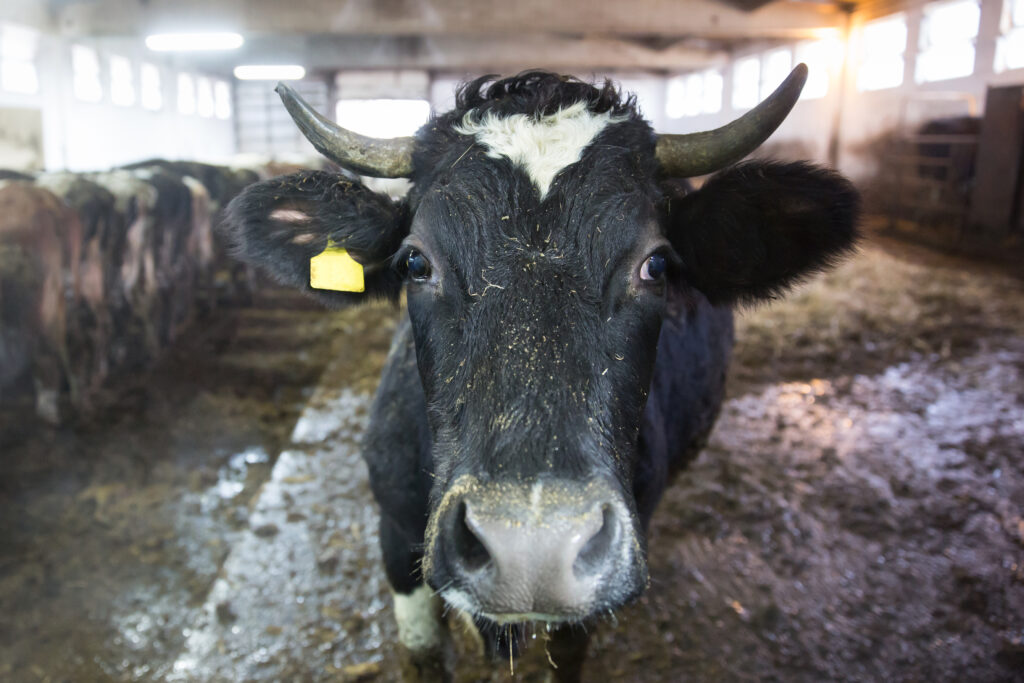Are you experiencing frequent urinary tract infections? Contaminated meat may be the culprit. UTIs are one of the most prevalent bacterial infections in women, constituting nearly a quarter of all infections, and around 50%–60% of women will have a UTI at some point. Symptoms of UTIs may include a burning sensation during urination, frequent urges to urinate, and lower abdominal pain. Cases of UTIs increased by about 60% between 1990 and 2019. This raises the question: What is causing this significant rise in UTIs?
A 2023 study from George Washington University’s Milken Institute School of Public Health found that as many as 640,000 cases of UTIs in the United States each year could be linked to bacteria found on meat. In another study, researchers found that nearly half of the retail meat samples they collected were contaminated with E. coli. In most people, E. coli-caused UTIs rarely lead to severe illness, but due to the high number of cases, they significantly contribute to E. coli-related sepsis fatalities worldwide.
According to the Centers for Disease Control and Prevention, antibiotic resistance—the ability of bacteria to survive drugs designed to kill them—is one of the greatest global public health challenges of our time. In the United States, a significant number of farmed animals are given antibiotics to promote growth and prevent disease. But this practice may contribute to antibiotic resistance in humans. As National Geographic reports, antibiotics commonly prescribed for UTIs are becoming increasingly ineffective.


Each year, at least 600 million people around the world get sick from eating contaminated food. Over 400,000 of them die. This is a predictable consequence of the factory-farming system. When farmed animals live in overcrowded, filthy conditions, illness-causing bacteria like Salmonella and E. coli—naturally present in the intestines of animals—thrive and spread and can contaminate the animal products people consume.
It’s time to withdraw our support of an industry that puts us all at risk and makes people sick. Taking action now to prioritize our health is crucial, and incorporating plant-based foods into your meals can be a kind way to do that. For meal ideas, delicious recipes, and more information about transitioning from animal-based foods, click here.
